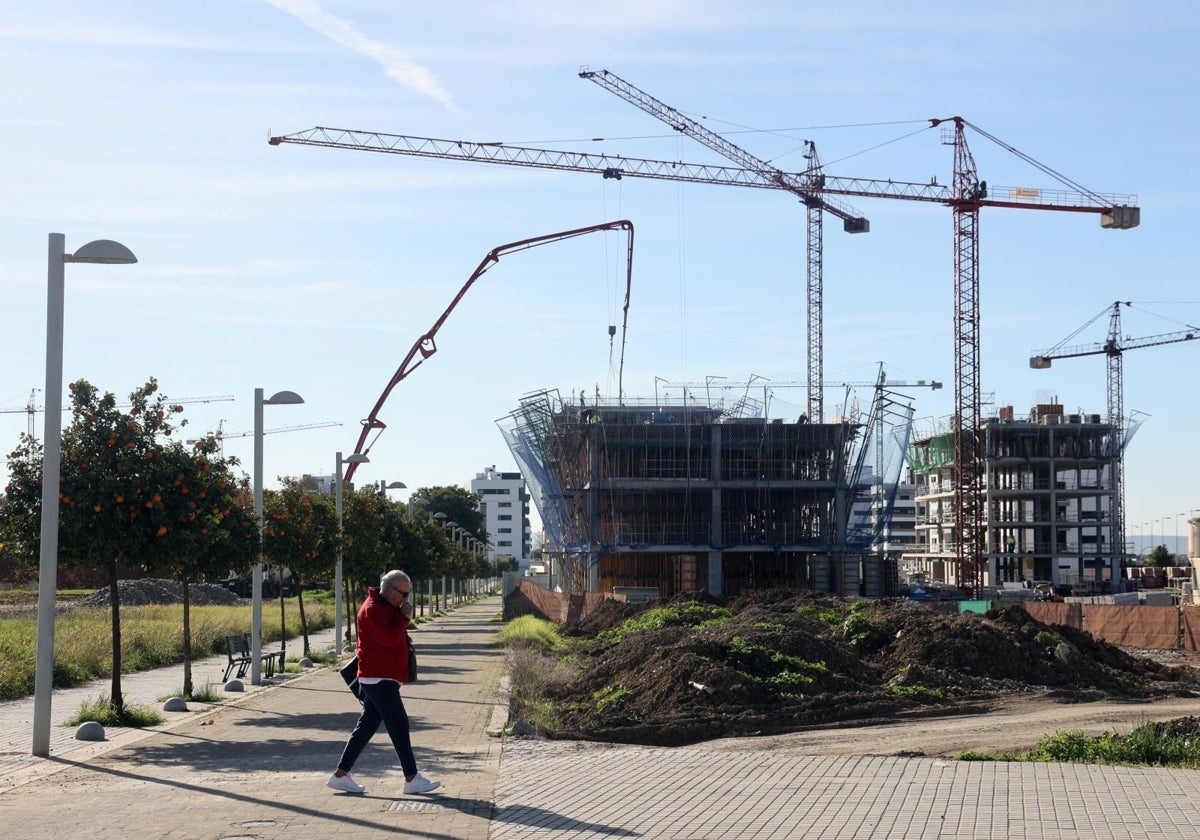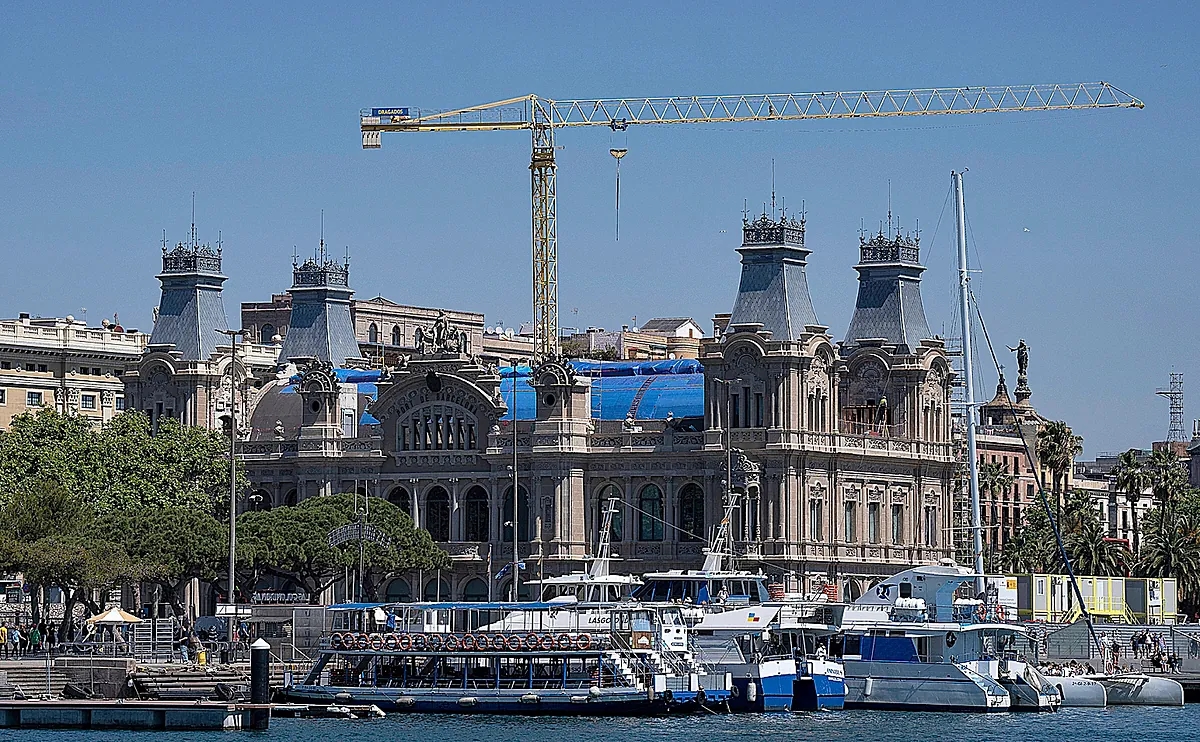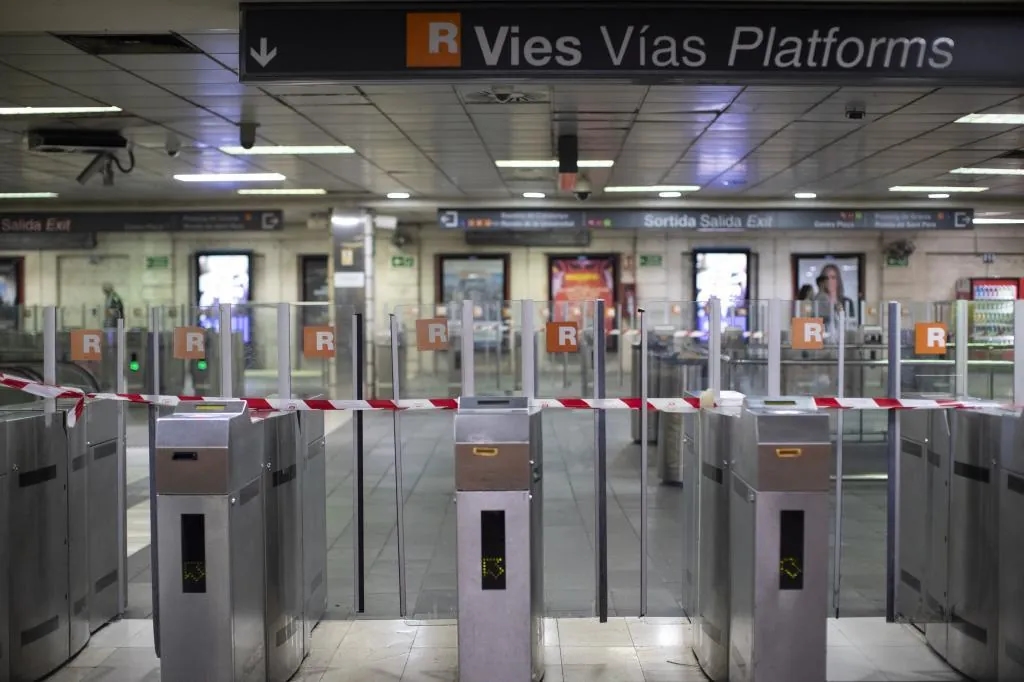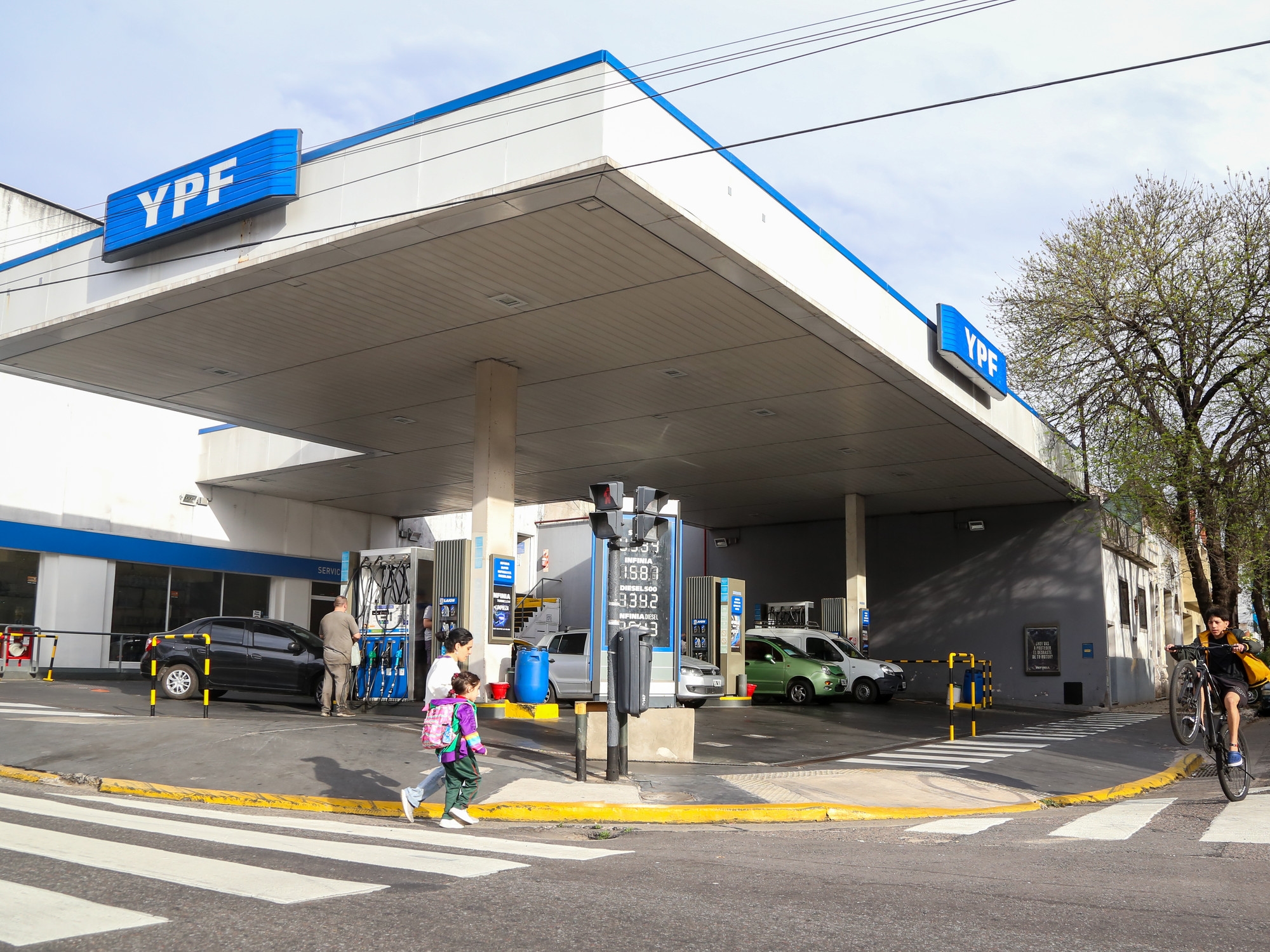Businesses, over €140 million in infrastructure and a UNESCO headquarters: Barcelona's plan to become the capital of the 'blue economy'
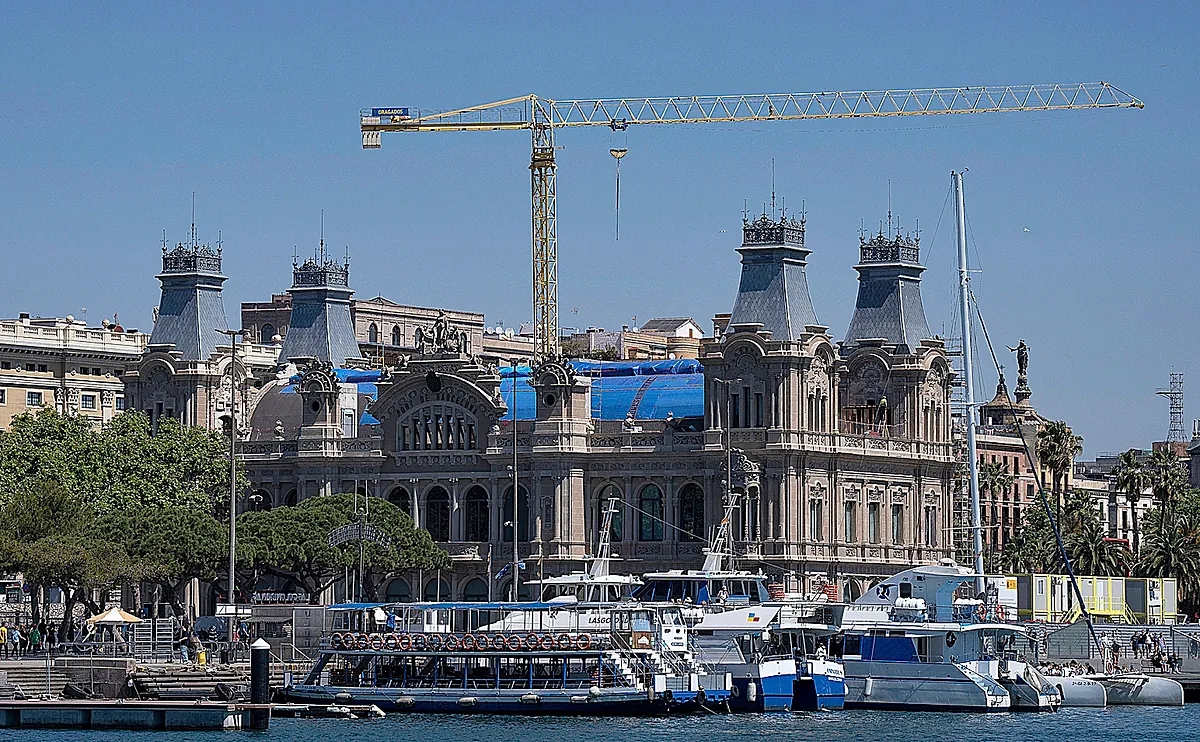
Barcelona has a clear objective: to be a leader in the blue economy , harnessing the full potential of the sea. The Catalan capital recently defended its position at one of the world's major congresses on urban innovation, the Smart Cities Expo World Congress . At this gathering for companies and startups , the blue economy was a key focus, promoted by international institutions such as the World Ocean Council, which has one of its headquarters in Barcelona.
The concept of the " blue economy" is largely unknown, yet brimming with opportunities, as argued by the companies and investment groups participating in the conference. Because it encompasses a wide range of activities and sectors, including fishing, aquaculture, marine biotechnology, coastal and maritime tourism, nautical activities, and logistics, it represents a largely untapped engine of growth. This is recognized by organizations such as the Spanish Confederation of Business Organizations (CEOE), which has its own commission to monitor this "critical factor with significant competitive potential for the Spanish economy as a whole."
As an emerging sector, the field of innovation is vast, as is the challenge of developing it sustainably. However, despite the opportunities, investor appetite remains hesitant to invest in these types of projects, primarily due to the long timeframes involved and the weather conditions to which they are exposed, explained analysts gathered in Barcelona. A lack of understanding also contributes, as there is no official definition of the blue economy, making it difficult to estimate its scope.
According to the latest report from Puertos del Estado, "the blue economy is a term coined by the European Commission that groups together a set of economic activities linked to the sea, oceans and coasts," which includes everything from fishing and aquaculture, marine renewable energies, desalination, maritime transport or coastal tourism... to activities that produce goods from oceans and seas.
Based on this European definition, and using the latest available data for 2019, Spain exceeded the European average by generating €100.382 billion and employing 905,651 people. However, Puertos del Estado (the Spanish Port Authority) also uses its own definition of the blue economy, which includes research and training, as well as recreational boating. According to this alternative definition, Spain generated €88.452 billion and employed 480,000 people.
The different definitions make the data difficult to compare. Barcelona, which takes advantage of its geographical location, has its own criteria based on twelve sectors it has identified as strategic to promote, as explained by Anna Majó , director of the Strategic Sectors and Innovation area at Barcelona Activa.
Thus, the city identifies five established sectors (such as port activities, logistics and maritime transport, fishing, and nautical activities), five emerging sectors (biotechnology and renewable energies), and two cross-cutting sectors (research and culture). Within these sectors, the creation of economic value is promoted, as well as its continuity through training (with more than 7,000 students annually) and dissemination, keeping alive a system that generated up to € 11.2 billion in 2024. This is equivalent to 5% of Barcelona's total GDP, in addition to a business network of 1,600 companies and more than 51,000 employees (4.3% of the city's total employment). Along these lines, employment related to the blue economy has grown by 23%, while the city average has grown by 8.6%. These figures (the first available) were strongly defended by the Barcelona Blue Economy Observatory during this week's conference: the proportion, although small, is a sign that the Catalan capital is consolidating its position in a strategic sector, as it seeks to diversify its economy. And, incidentally, to maintain some of the momentum gained by the maritime business sector with the 2024 America's Cup.
"We've accelerated more than 30 entrepreneurial projects in the blue economy. And we've helped other entrepreneurs see the sea as an opportunity. For example, a company that monitors a forest uses the same technology for the sea, but hadn't considered that the sea could also be their workspace. And companies that work in the ocean, with a successful business model, have a global market . These are companies with very high growth potential," Majó emphasizes. He illustrates this with specific examples he's seen in Barcelona's startup ecosystem : from a solution to prevent the oxidation of materials without using polluting chemicals, to food supplements made with sea salt.
In terms of business sector, the Observatory, a joint initiative of the Barcelona City Council, the Port of Barcelona, and the University of Barcelona, estimates that the majority (59%) remain specialized in transport and logistics , taking advantage of the city's port activity. Eighteen percent work directly in the Port of Barcelona, and another 18% are involved in activities related to marine life, such as fishing.
The city, which boasts being among the top ten capitals with the most business activity linked to the blue economy in various European rankings, has a public investment plan until 2028 of 142 million euros for the development of three new essential infrastructures: the Maritime Technology Park for research and training, the BlueTechPort maritime technology and business hub , and the Barcelona Mar de Ciència civic-cultural center.
Joining this group of institutions is the fact that, from this summer until 2030, UNESCO has established its global headquarters dedicated to innovation and research in the blue economy (the Ocean Decade Collaborative Centre) in Barcelona. The center will promote research and development, as well as international partnerships. Following this event, the City Council announced that "Barcelona is the first city to lead one of the ten challenges set by the United Nations for the protection of the marine ecosystem and the development of a sustainable and equitable ocean economy."
elmundo

%3Aformat(jpg)%3Aquality(99)%3Awatermark(f.elconfidencial.com%2Ffile%2Fbae%2Feea%2Ffde%2Fbaeeeafde1b3229287b0c008f7602058.png%2C0%2C275%2C1)%2Ff.elconfidencial.com%2Foriginal%2Fc01%2Fb2d%2F61a%2Fc01b2d61ad7e3470f0b01acb9e1deefd.jpg&w=3840&q=100)
